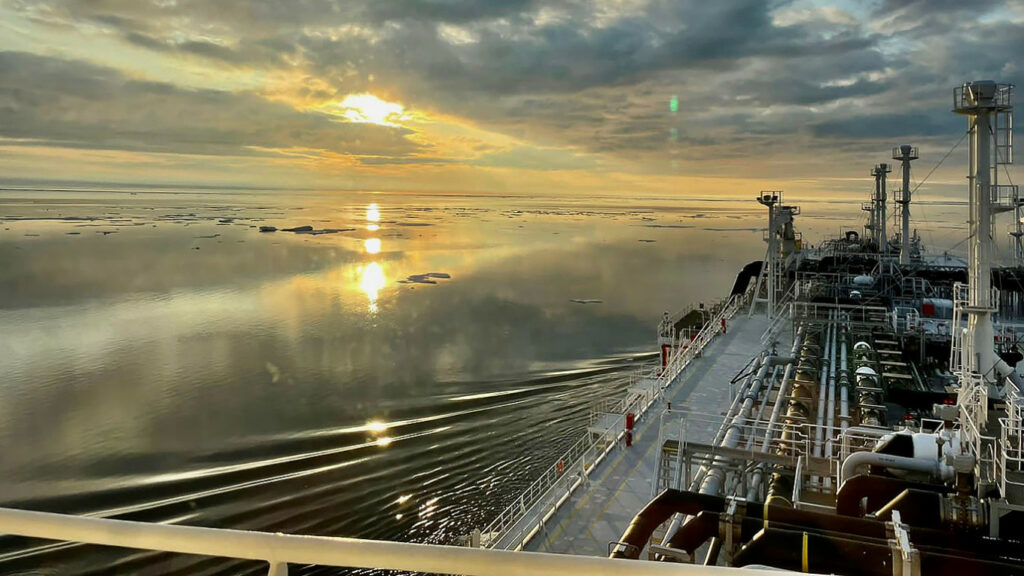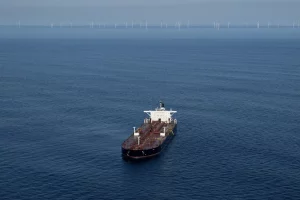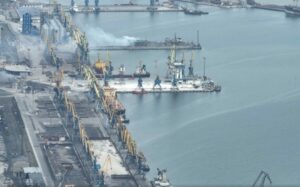Greek tanker companies have reduced their participation in the transportation of Russian oil

Greek tanker companies have begun to refuse to work with Russian oil companies due to sanctions imposed by the Donald Trump administration.
This was reported by The Moscow Times with reference to Reuters.
At the end of October, the participation of Greek shipowners, who this year exported from 10 to 20 million barrels of Russian oil per month, was reduced to a minimum.
According to the agency’s interlocutors, now the transportation of Urals is mainly carried out by tankers of the “shadow fleet”. At the same time, freight rates have increased significantly after the tightening of the sanctions regime. The transportation of one batch of Urals from Primorsk and Ust-Luga to Indian ports exceeded $8 million against $7 million at the beginning of the month. At the same time, some carriers raised prices to $10 million per voyage, Reuters sources told Reuters.
US President Donald Trump last Wednesday imposed blocking sanctions on Rosneft and Lukoil, Russia’s two largest oil companies, which account for half of the country’s production and every second barrel of exports. At the same time, the European Union, as part of its 19th package of sanctions, added another 117 tankers from the shadow fleet to its “blacklist,” bringing the total number to 558.
The “shadow fleet” carries about half of Russia’s oil. The rest is carried by tankers owned by G7 countries or insured by Western countries, according to calculations by the Finnish CREA center.
First and foremost, these are Greek vessels, which are willing to carry Russian oil if the “price ceiling” principle is observed. Currently, this limit is $47.6 per barrel.





